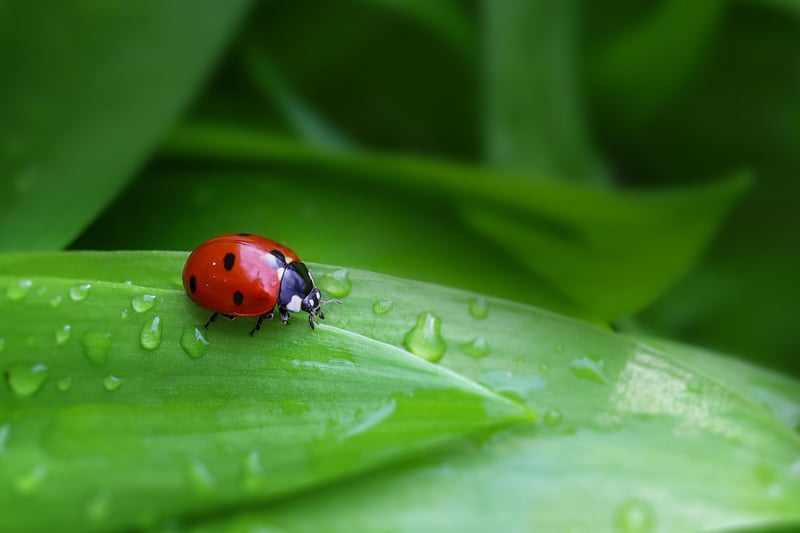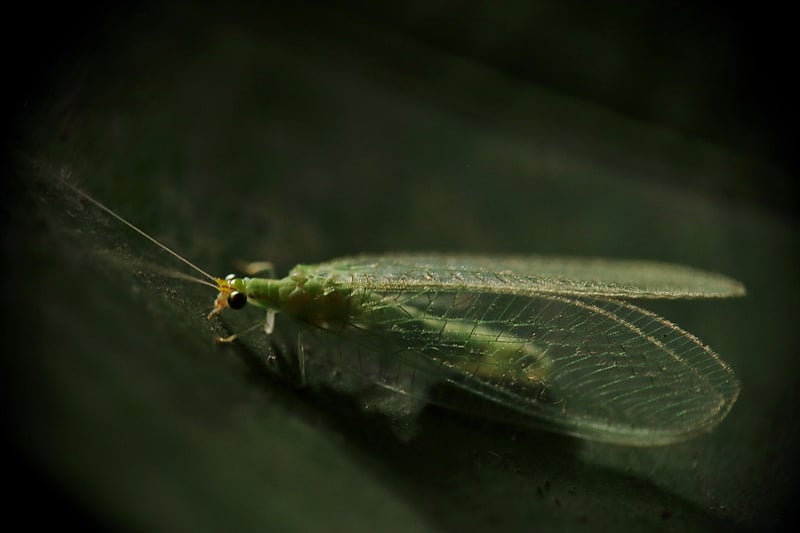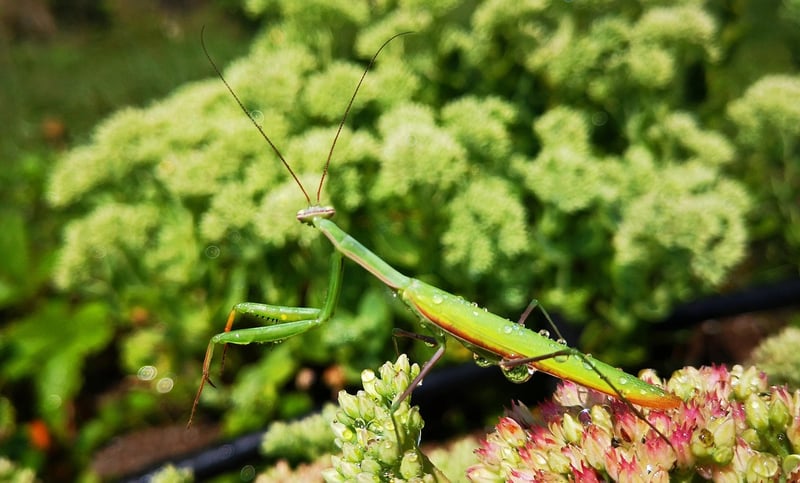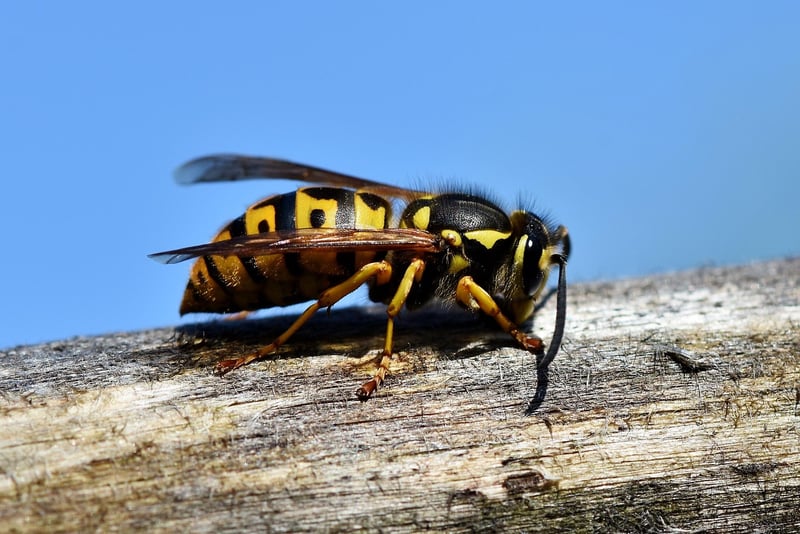Beneficial Insects
Protecting Your Plants: The Importance of Beneficial Insects
As a plant enthusiast, you know how crucial it is to protect your beloved plants from pests and diseases. While traditional methods like pesticides can be effective, they also come with drawbacks like harming the environment and beneficial insects. This is where beneficial insects come into play – they are your allies in maintaining a healthy garden ecosystem.
What are Beneficial Insects?
Beneficial insects are natural predators or parasites that help control pest populations in your garden. They play a vital role in keeping pest populations in check, preventing them from damaging your plants. Some common beneficial insects include ladybugs, lacewings, praying mantises, and parasitic wasps.
The Benefits of Attracting Beneficial Insects
By attracting beneficial insects to your garden, you can reduce the need for chemical pesticides, which can be harmful to both the environment and your plants. These beneficial insects act as a natural pest control mechanism, ensuring that your plants stay healthy and thrive.
How to Attract Beneficial Insects
- Plant a diverse range of flowers and herbs that attract beneficial insects with their nectar and pollen.
- Avoid using broad-spectrum pesticides that can harm beneficial insects along with pests.
- Provide shelter for beneficial insects by incorporating plants with dense foliage or creating insect hotels.
- Limit mulch disturbance to protect overwintering beneficial insect populations.
Common Beneficial Insects and Their Roles
- Ladybugs: Feed on aphids, mealybugs, and other soft-bodied pests.
- Lacewings: Prey on aphids, caterpillars, and other small insects.
- Praying Mantises: Consume a variety of pests like beetles, moths, and flies.
- Parasitic Wasps: Lay eggs on or inside pests, controlling their populations.
By understanding the roles of these beneficial insects and creating a welcoming environment for them in your garden, you can effectively manage pest populations and protect your plants in a sustainable way. Embrace the power of nature's allies and enjoy a thriving garden!




